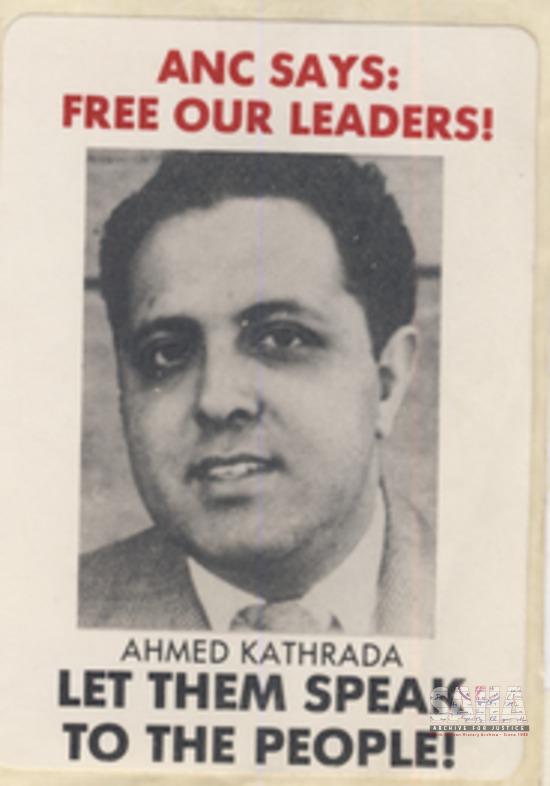In an interview Ahmed Kathrada once identified ignorance as the greatest challenge to creating non-racialism.
"I think the major challenges are ignorance, especially among young people of all groups, ignorance of the past. From June 16 this year, I must have spoken at about 8 different groups, mixed groups, some predominantly African, others quite mixed. And these were not thousands of people, but the ignorance was amazing. People would ask a question, didn't know that Indians were in the struggle, it happened in Cape Town, it happened here."
- Ahmed Kathrada in an interview conducted by his foundation on Kathrada's personal interpretation of non- racialism. The transcript is accessible in SAHA's archive The Ahmed Kathrada Foundation Collection (AL3300).

We echo Uncle Kathy's views on the critical role of memory in creating the non-racial society South African is striving to become; archiving plays a key role in preserving memory. It seems fitting this week that archiving has on occasion been described as a funereal practice of interring objects in such a way that their legacy might be preserved. This raises the question: how do you preserve the multifaceted natures and nuances of people through objects, particularly South Africa's historical giants? While SAHA has substantial collections and methods for preserving the archive, no archive is all encompassing, and whatever choices the archivist makes the archive will likely be found insufficient of commemorate struggle heroes and all they represent.
At the end of the day, how well Uncle Kathy is remembered in our archives will not be determined just by how well we preserve interviews, transcripts, and photographs, but by how often we open the boxes we placed them in. Memory is active, and while we must say good bye to Uncle Kathy this week, we can choose to keep remembering rather than become ignorant.
The work of Uncle Kathy continues through The Ahmed Kathrada Foundation, which he himself founded. The foundation continues to work towards promoting 'the values, rights and principles enshrined in the Freedom Charter and the Constitution of the Republic of South Africa'. SAHA houses part of the Ahmed Kathrada Foundation collection. The collection was first created in September 2015 as a digital collection, intended to provide access to various records relating to the Ahmed Kathrada Foundation's work on non-racialism, through SAHA's online exhibition "Tracing the Unbreakable Thread".
View the The Ahmed Kathrada Foundation Collection (AL3300) here
View the online exhibition "Tracing the Unbreakable Thread" here





